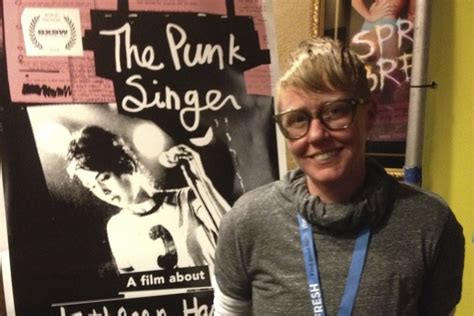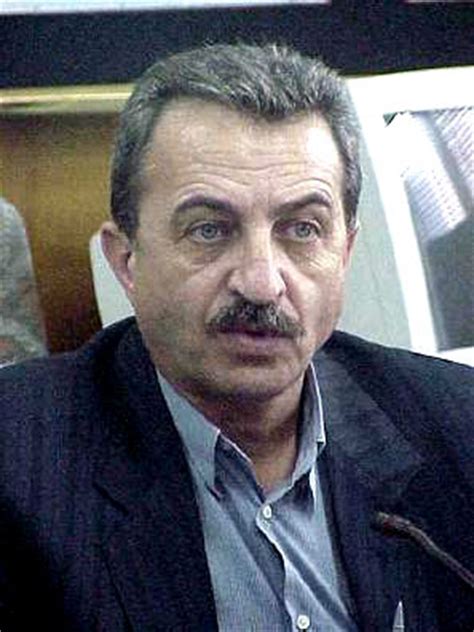A Quote by Mohammad Marandi
Hence, when some members of the Iranian diaspora, especially women at the moment, use different tropes including the trope of the veil and the issue of gender to construct an image of oppression or to describe the 'silenced' Iranian woman, western intellectuals, policymakers, and publishing houses are all quick to introduce them as presenters of the authentic Iranian experience.
Related Quotes
I have traveled many times outside Iran, and have discussed the issue [of the Iranian nuclear project]. I have been asked for my opinion and that of the Iranian Jewish community, and I have always emphasized that the Iranian people has the right to obtain nuclear technology and energy for peaceful purposes. The Iranian people must not give up this right under any circumstances - and indeed, it will not.
the IAEA illegally insisted on politicizing the Iranian nation's nuclear case, but today, because of the resistance of the Iranian nation, the issue is back to the agency. And I officially announced that, in our opinion, the nuclear issue of Iran is now closed and has turned into an ordinary agency matter.































